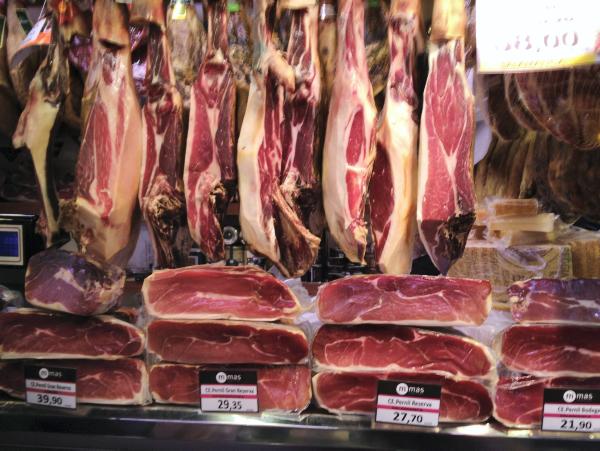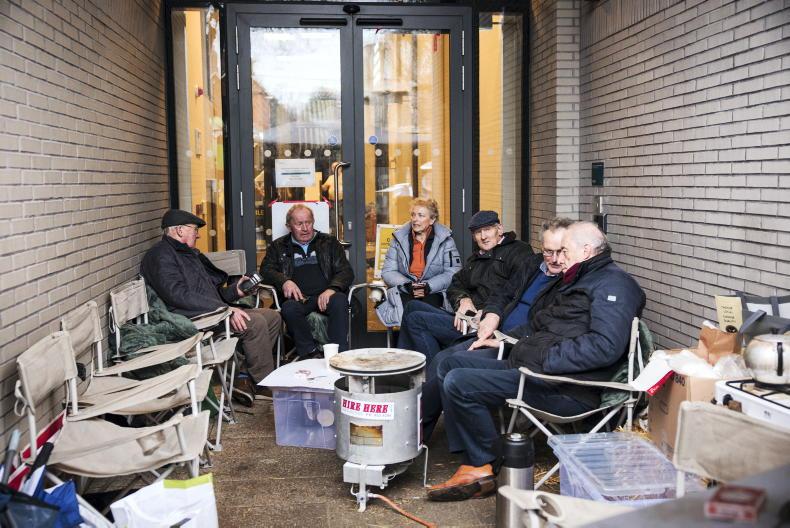The Spanish Department of Agriculture has identified a need to improve the competitiveness and efficiency of the Spanish beef industry, following a new report.
Bord Bia report that last week, the Spanish Department of Agriculture General Secretary, Carlos Cabanas, chaired the presentation of a report commissioned by his Department titled “Analysis of the internal and external determinants of beef and veal meat production in Spain. Current Situation and foreseeable evolution."
Cabanas highlighted the importance of the beef sector and the need to improve the competitiveness and efficiency of the Spanish beef industry by developing a strong sectoral structure. He referred to the possibilities of the application of the new CAP-direct payments with adequate levels of coupled payments, the strengthening of market measures and sectoral cooperation through producer organizations.
However, Asoprovac (the Spanish Cattle Finishers Association) and ANICE (the Spanish National Association of Meat Industries) said the sector needs to concentrate on opening new markets to continue to build exports, both for beef and livestock, for which they see great potential. Beef consumption in Spain has fallen by 10.7% in the last eight years while beef and livestock exports have grown by 11%, Bord Bia reports.
The main cattle and meat associations and agri-trade unions in Spain have joined up to bring the sector together to defend the national product in the domestic market and to build exports.
Spain produced 582,000 tonnes of beef in 2013, exported 126,160 tonnes and imported 105,360 tonnes and 406,000 head of cattle, according to Bord Bia.
Cecilia Ruiz, the Madrid Office Manager for Bord Bia said in the context of the market, Ireland should continue to reinforce the premium positioning of Irish beef as a different and complementary product to Spanish veal production, due to the extensive production system, grass feeding, breed selection, tenderness, marbling and maturation.







SHARING OPTIONS